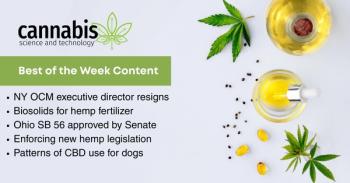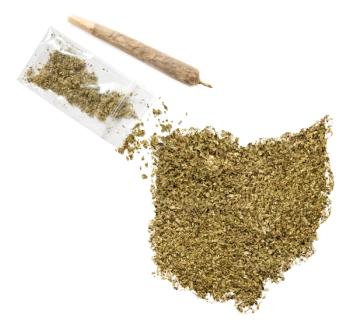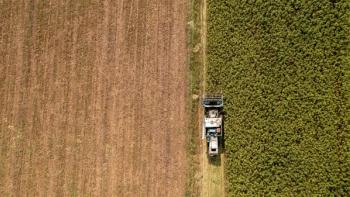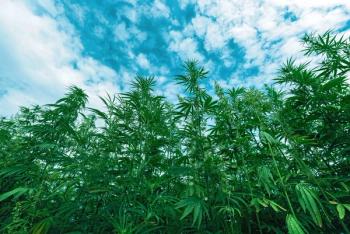
Using LC–MS to Determine Phospholipid Concentration in Plant-Based Oils
Our sister publication, LCGC, covered Christopher Hudalla of ProVerde Laboratories Inc. talk from our Cannabis Science Conference Fall 2023 show where he discussed how using liquid chromatography–mass spectrometry (LC–MS) could be used to quantify specific classes of PPL constituents that can help streamline cannabis extraction.
At the Cannabis Science Conference in Providence, Rhode Island on September 22, Christopher Hudalla of ProVerde Laboratories, Inc. delivered a talk titled, “LC–MS Analysis of Phospholipids for the Degumming Optimization for Hemp/Cannabis Extracts.” This talk was a part of the analytical sub-track “Analytical Chemical Analysis II” at the Cannabis Science Conference.
Hudalla discussed the overall cannabis extraction process. Historically, cannabis extractions focused primarily on cannabinoids and terpenes (1). There are a variety of processes that can be used to extract and process cannabis. Each process leads to a different consistency and these processing methods are often aimed at minimizing the extraction of phospholipids from the raw plant material (1).
Phospholipids (PPLs) are essential components found in all cell membranes, including those in plant-based oils. In various food oil processing, a common practice known as "degumming" is employed to eliminate PPLs, enhancing the physical stability of oils and facilitating their processing (1). However, when it comes to raw cannabis extracts, the presence of PPLs can pose downstream processing challenges. These PPLs can congeal and obstruct processing equipment, resulting in costly downtime for cleaning and removal (1).
As a result, the processing of cannabis extracts often includes steps that are aimed to minimize cleaning and removal. Cryoextraction with ethanol and winterization are the two processes normally used to minimize these problems (1).
To address this issue, Hudalla described how a liquid chromatography-mass spectrometry (LC–MS) method was developed to quantify specific classes of PPL constituents (1). This enables the optimization of PPL removal across a wide range of pH conditions. By understanding the precise content of PPLs in cannabis oil, operators can tailor degumming processes to effectively remove them, thereby streamlining cannabis extract processing.
Hudalla chose to use a reversed-phase LC–MS method because more information could be uncovered about the chain lengths, the different number of double bonds, and the class of phospholipid (1).
Once the method of choice was selected, Hudalla discussed how they went about finding the reference standards that were used in this experiment as normal certified reference standards could cost “in excess of $30,000” (1). Hudalla and his team overcame this financial obstacle by finding a collaborator who could front them the money, and along with picking representative standards for each class of phospholipids with different chain lengths, the team was able to compile enough reference standards that could be used for quantitation of the residues that the team was examining.
For their study, Hudalla and his team used sunflower oil to look at a spiked sample. After purchasing sunflower oil that was already decommissioned, they spiked it with a 1% mixture of phospholipids (1). Then, they evaluated it in multiple acidic and basic pH conditions, seeing where the phospholipids were ending up. One of the things that the team found interesting was that they did not see the phospholipids in very basic conditions about 12 over 12 pH units in either the aqueous or the oil phase. The question that the team proposed was where the phospholipids went (1). They landed on two theories: the phospholipids could have broken down or they possibly formed sticky gums and stuck to the inside of the container (1). Utilizing LC–MS analysis to determine PPL composition allowed the team to fine-tune degumming procedures, improving efficiency in the cannabis extract industry.
Reference
(1) Hudalla, C. LC–MS Analysis of Phospholipids for the degumming optimization for hemp cannabis extracts. Presented at the Cannabis Science Conference Fall 2023, Providence, Rhode Island, September 22, 2023.
To read the full article, please visit:
Newsletter
Unlock the latest breakthroughs in cannabis science—subscribe now to get expert insights, research, and industry updates delivered to your inbox.





